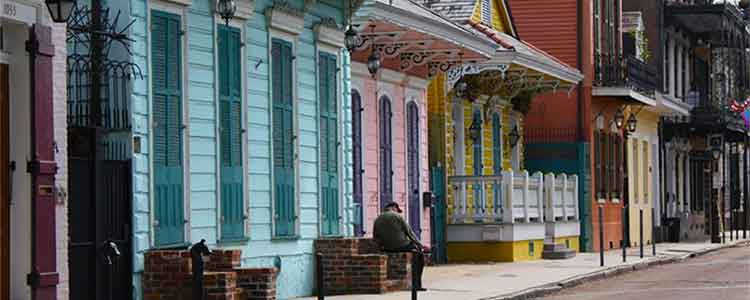New Orleans City Council approves new short-term rental tax
- Aug 13, 2020 | Jennifer Sokolowsky

The New Orleans City Council has approved a new 6.75% tax on short-term rentals within the city, effective September 1, 2020.
The tax has been a long time coming. New Orleans voters approved the short-term rental equalization occupancy tax last year in a ballot measure that was part of Mayor LaToya Cantrell’s “fair share” deal with the state to raise funds for improving city infrastructure, including roads, water, and sewage systems. Twenty-five percent of the revenue from the short-term rental tax will go to tourism promotion efforts.
The tax was originally projected to generate $10.5 million a year for New Orleans, before the COVID-19 pandemic took a toll on the city’s tourism industry.
Short-term rental hosts will be required to collect the new tax from guests, along with existing lodging taxes that include Louisiana state sales tax and several city taxes, including hotel-motel sales tax, short-term rental occupancy fee, and occupancy privilege tax.
Short-term rental operators must register and file lodging tax returns with both city and state tax authorities.
Airbnb collects both city and state taxes on behalf of its hosts. Vrbo also collects city taxes for New Orleans hosts, but does not collect Louisiana state taxes.
Hosts are required to collect and pay taxes that are not collected by their platform. They must register and file lodging tax returns even if taxes are being collected on their behalf. MyLodgeTax can help vacation rental hosts in New Orleans simplify and automate lodging tax compliance.
New Orleans imposed stricter rules for short-term rentals last year with a new law that went into effect December 1, 2019. The ordinance requires all short-term rentals to be licensed. Vacation rental hosts in residential neighborhoods are required to have a “homestead exemption,” meaning that they live there and claim the property as their primary residence.
Owners are allowed to operate up to three vacation rental units on properties with homestead exemptions. The law made short-term rentals illegal in most of the French Quarter as well as the Garden District. Short-term rentals may take up no more than 25% of commercial or mixed-use property.
The city has recently shaken up the government agencies responsible for permitting and enforcement, including those for short-term rentals. New Orleans is creating a new Office of Business and External Services that brings together land use regulation departments with economic development initiatives. The city has hired Peter Bowen, former general manager of short-term rental operator Sonder, to head the agency as the new deputy chief administrative officer of land use.
See our Louisiana Vacation Rental Tax Guide for more on short-term rental taxes in the state. If you have tax questions related to New Orleans properties, drop us a line and we’ll get back to you with answers.












